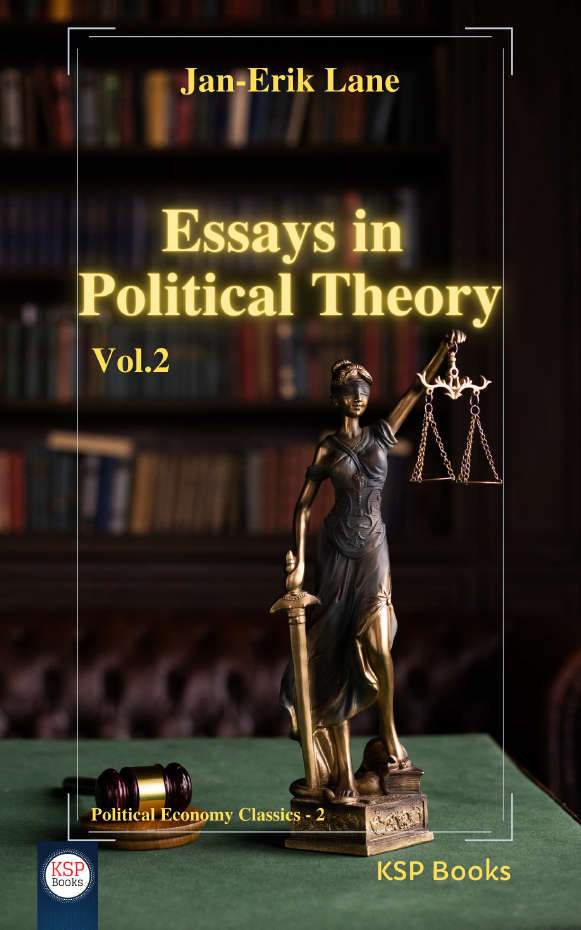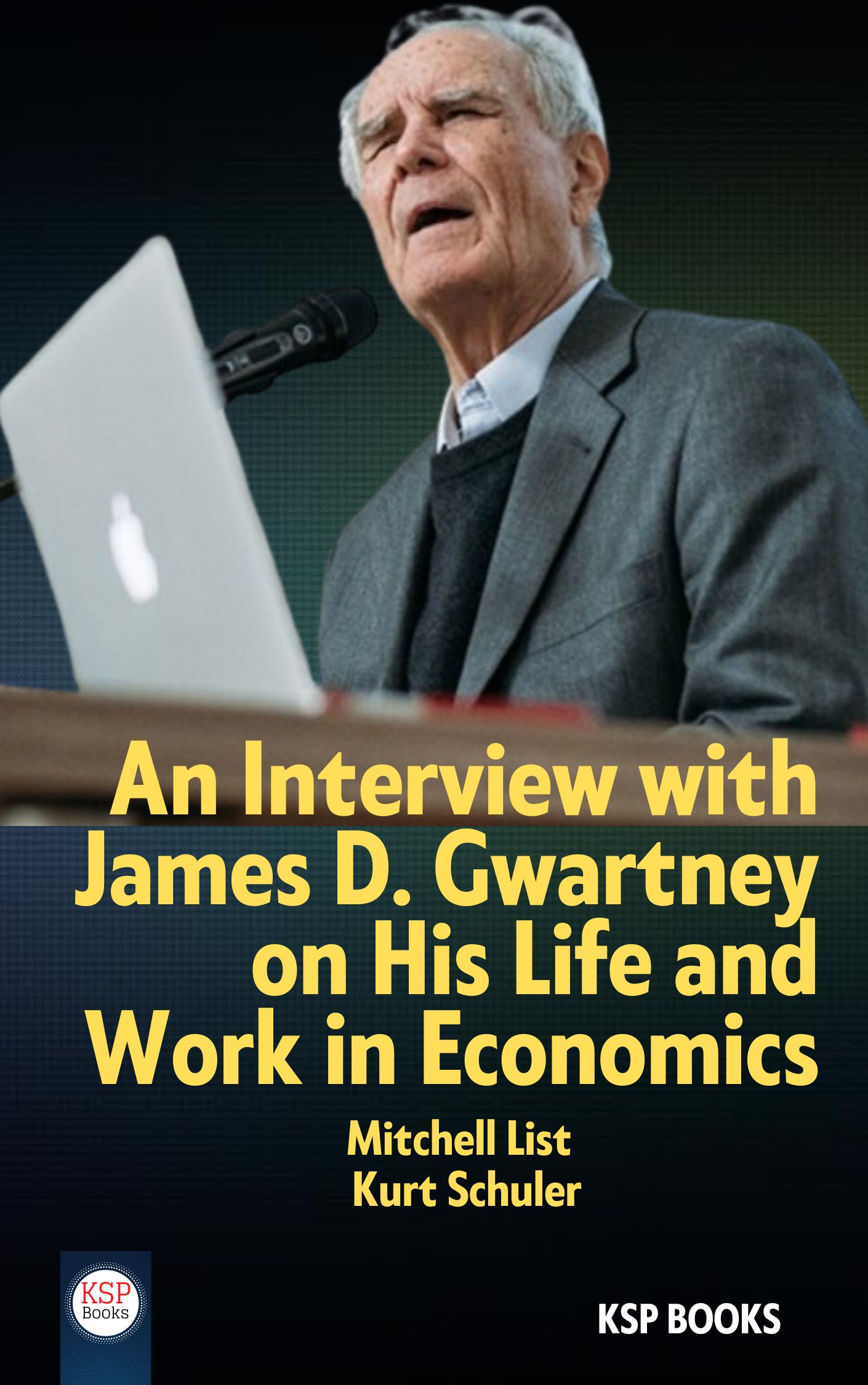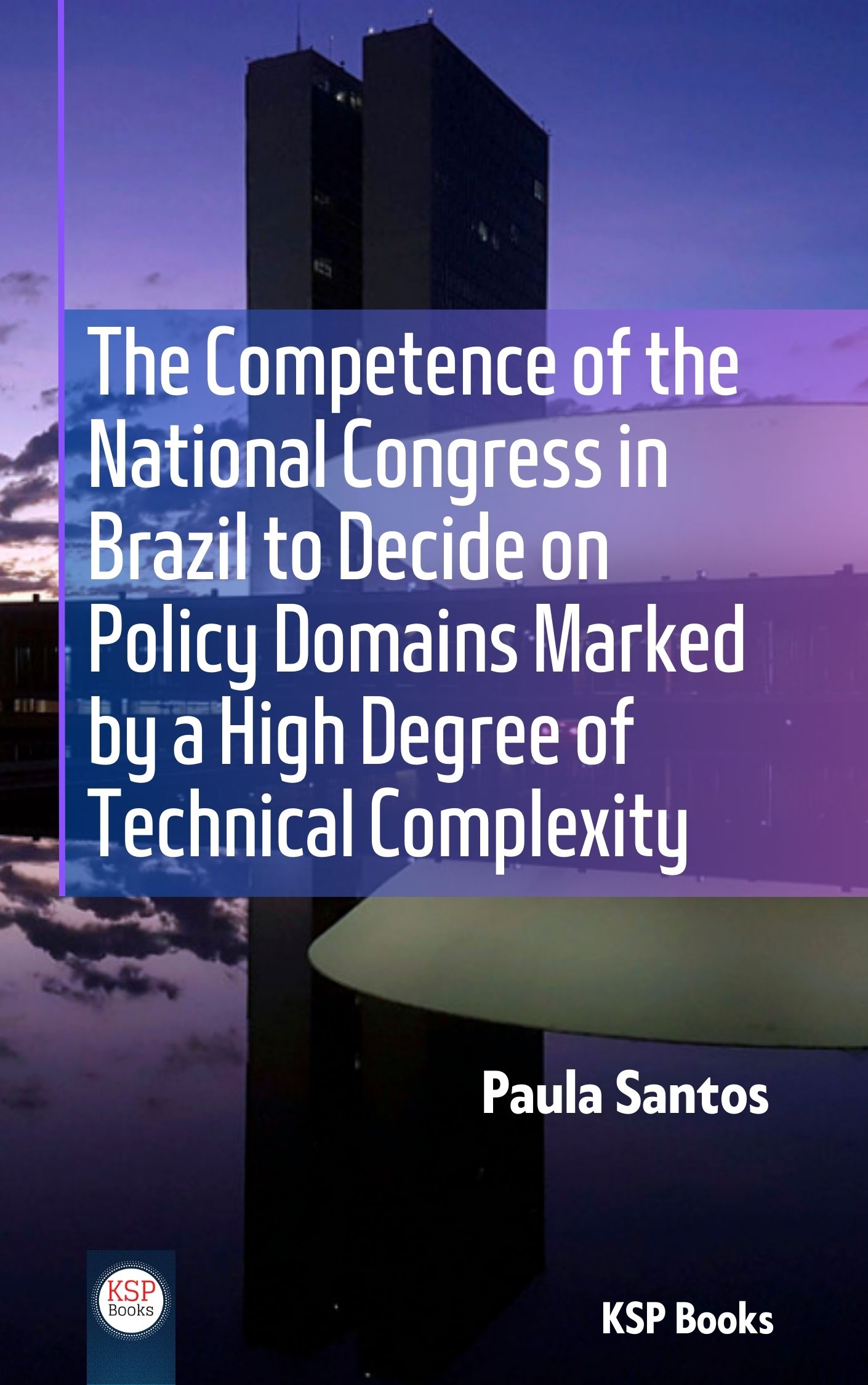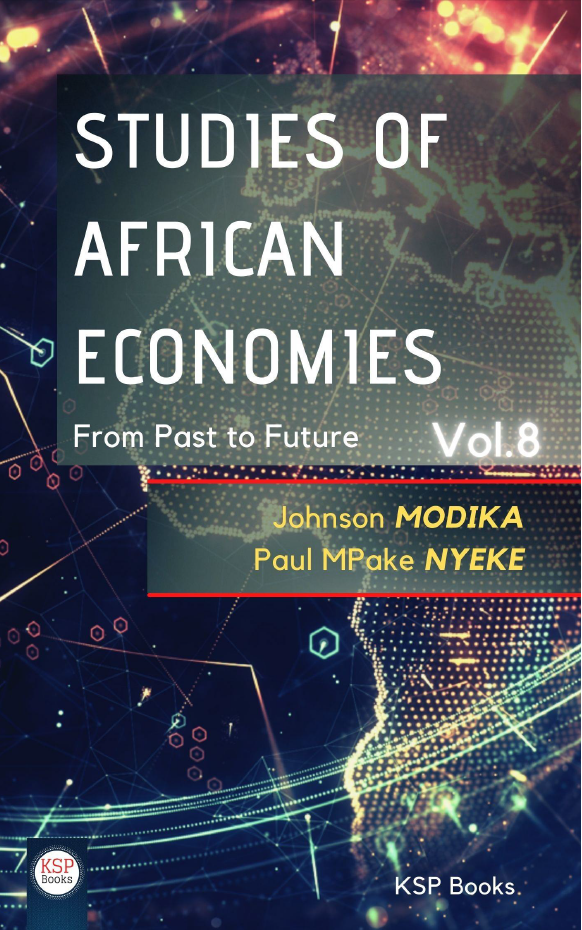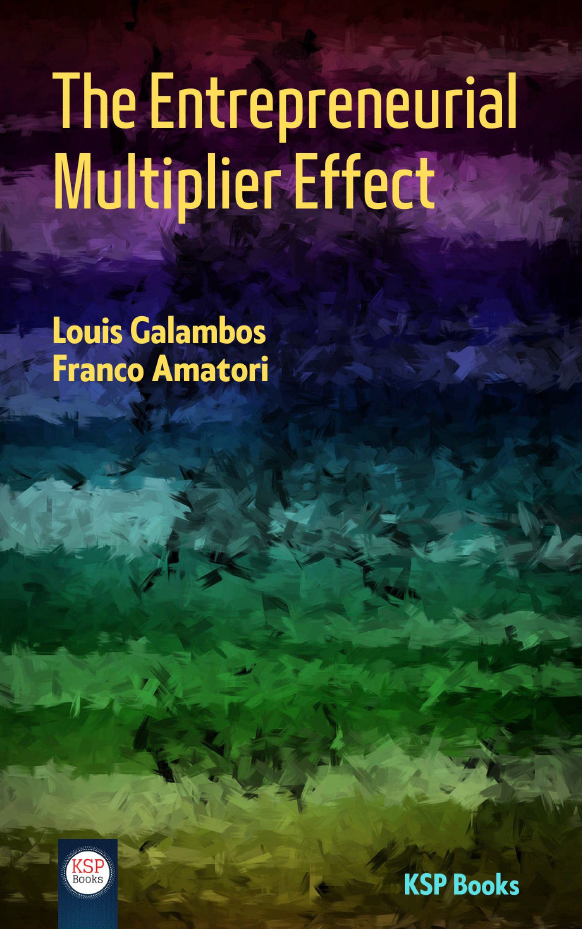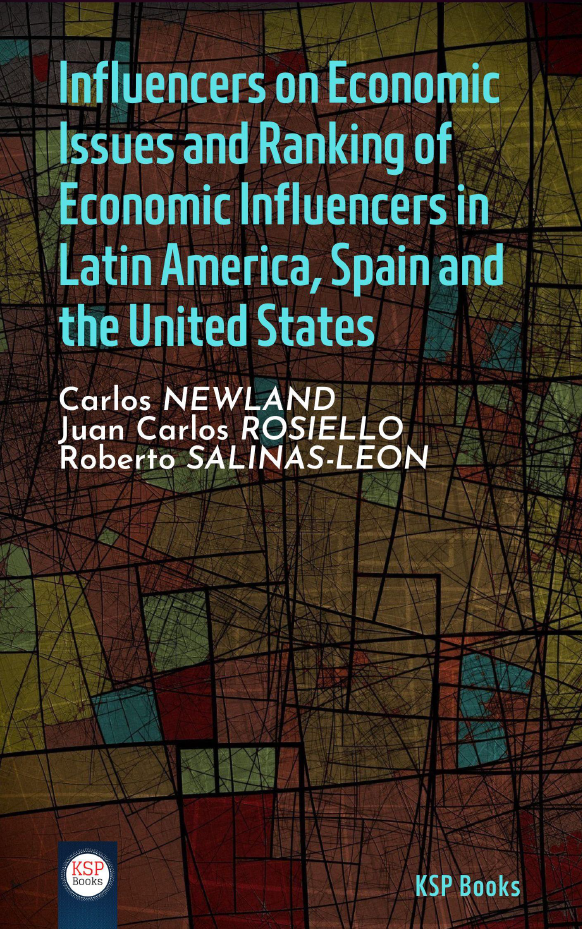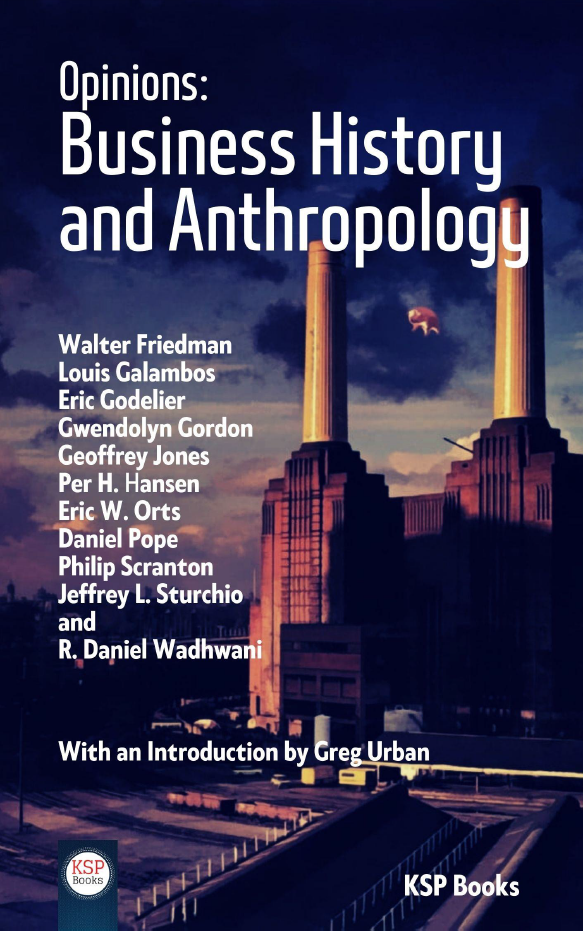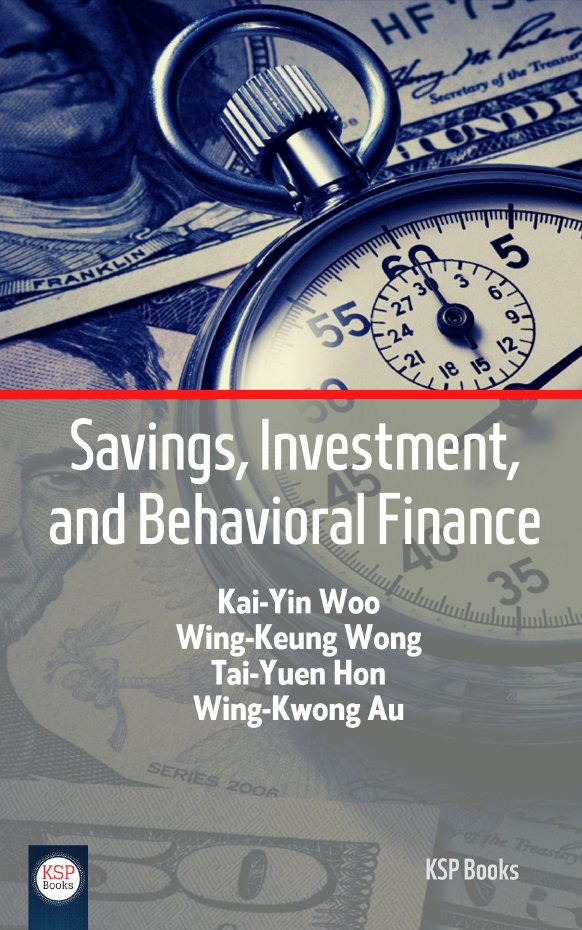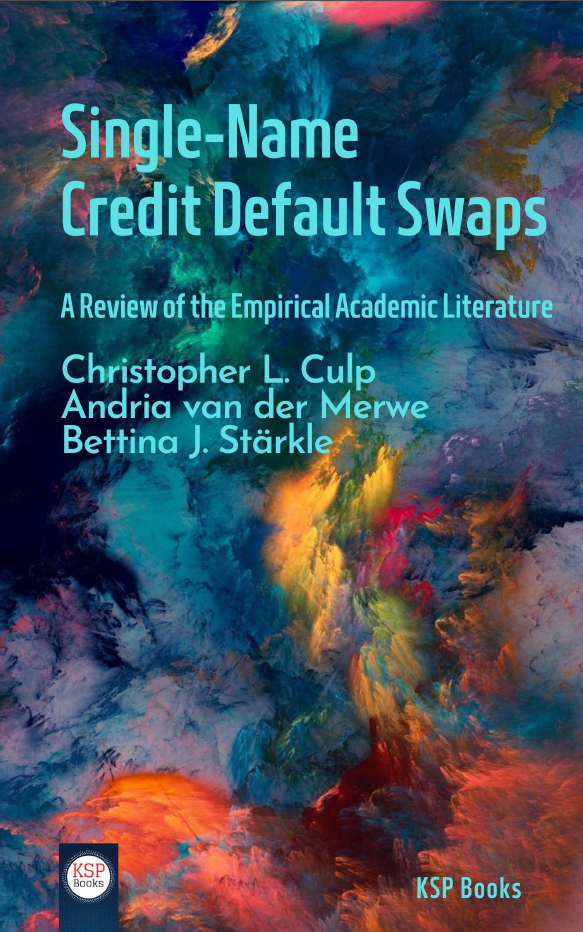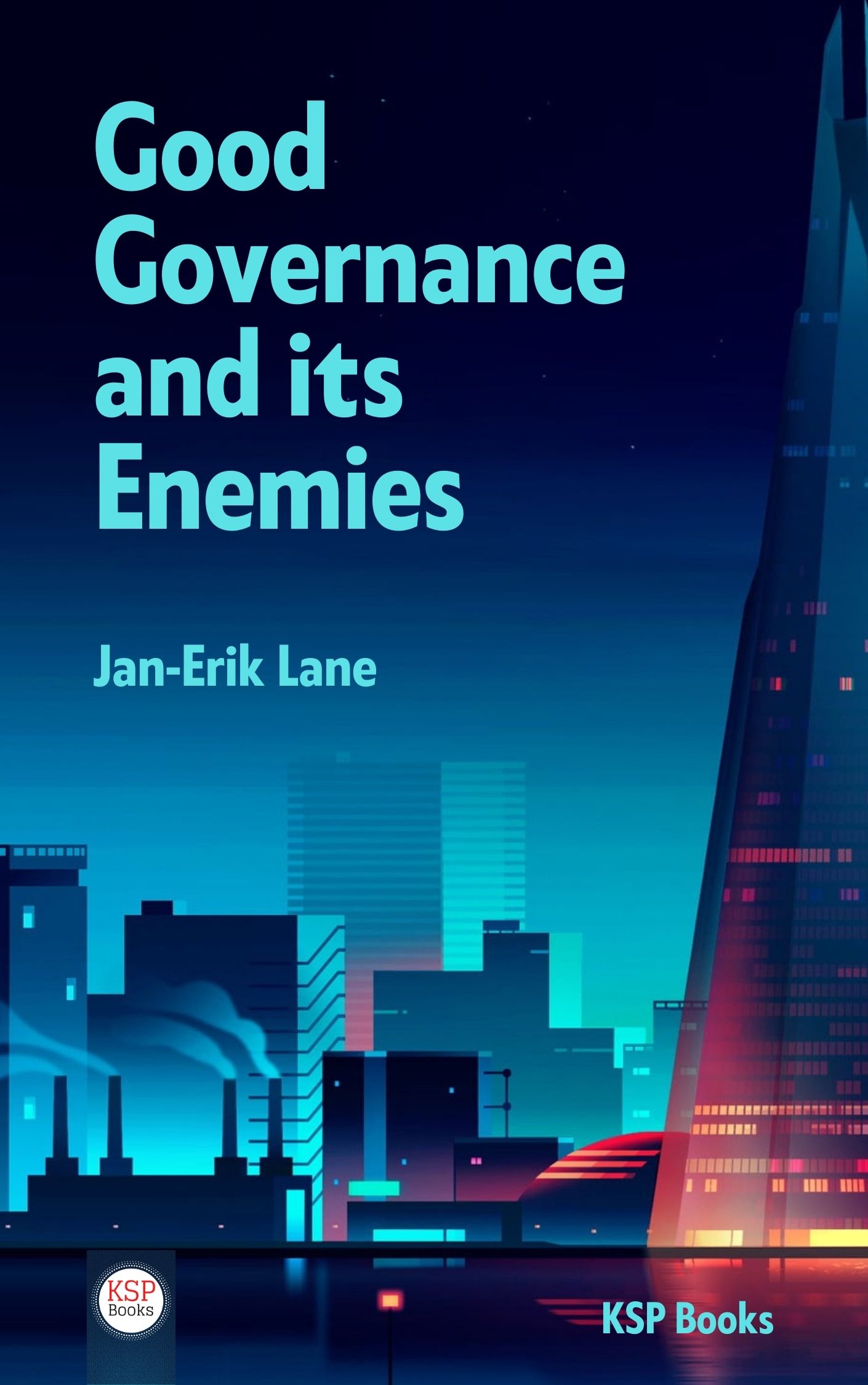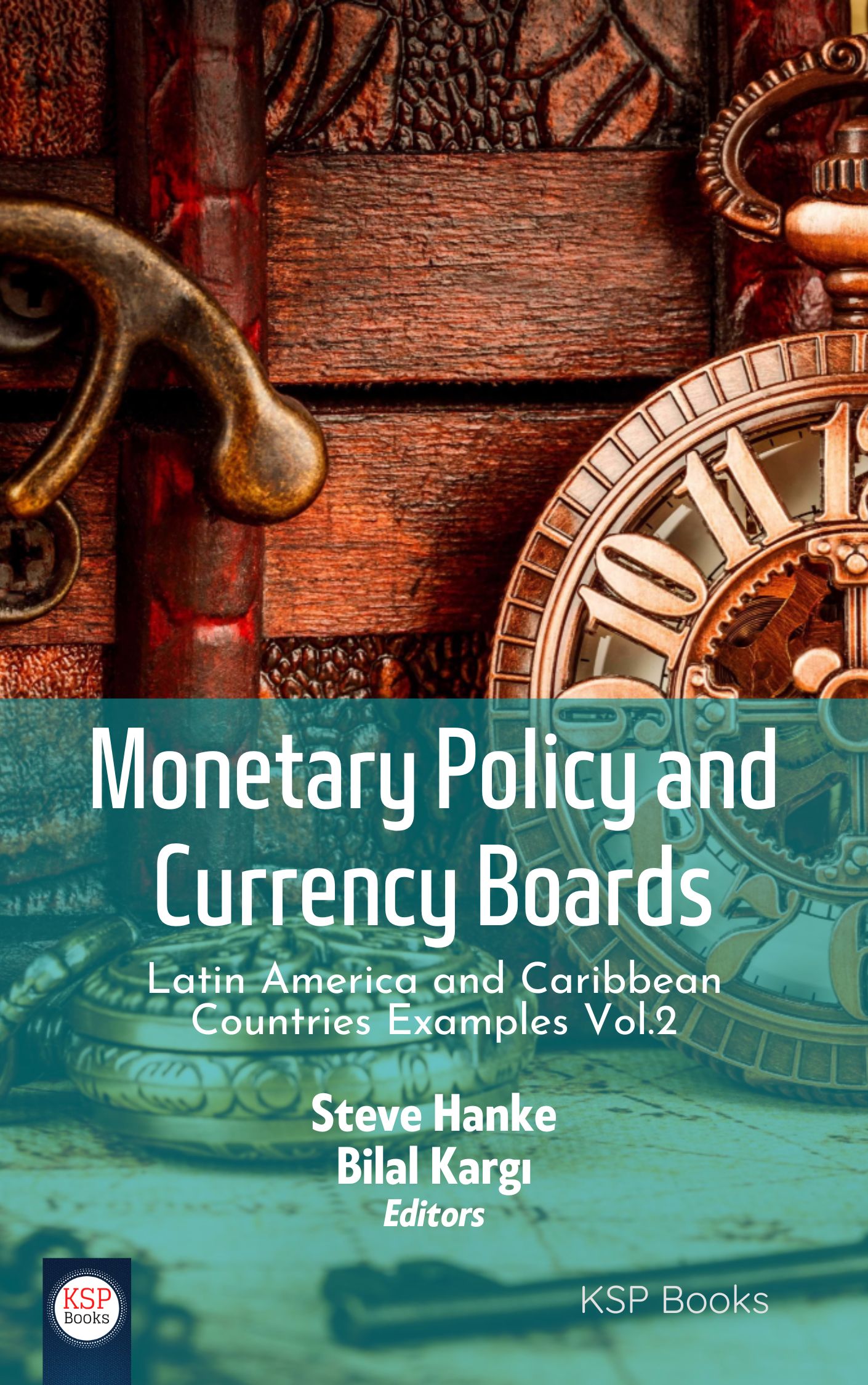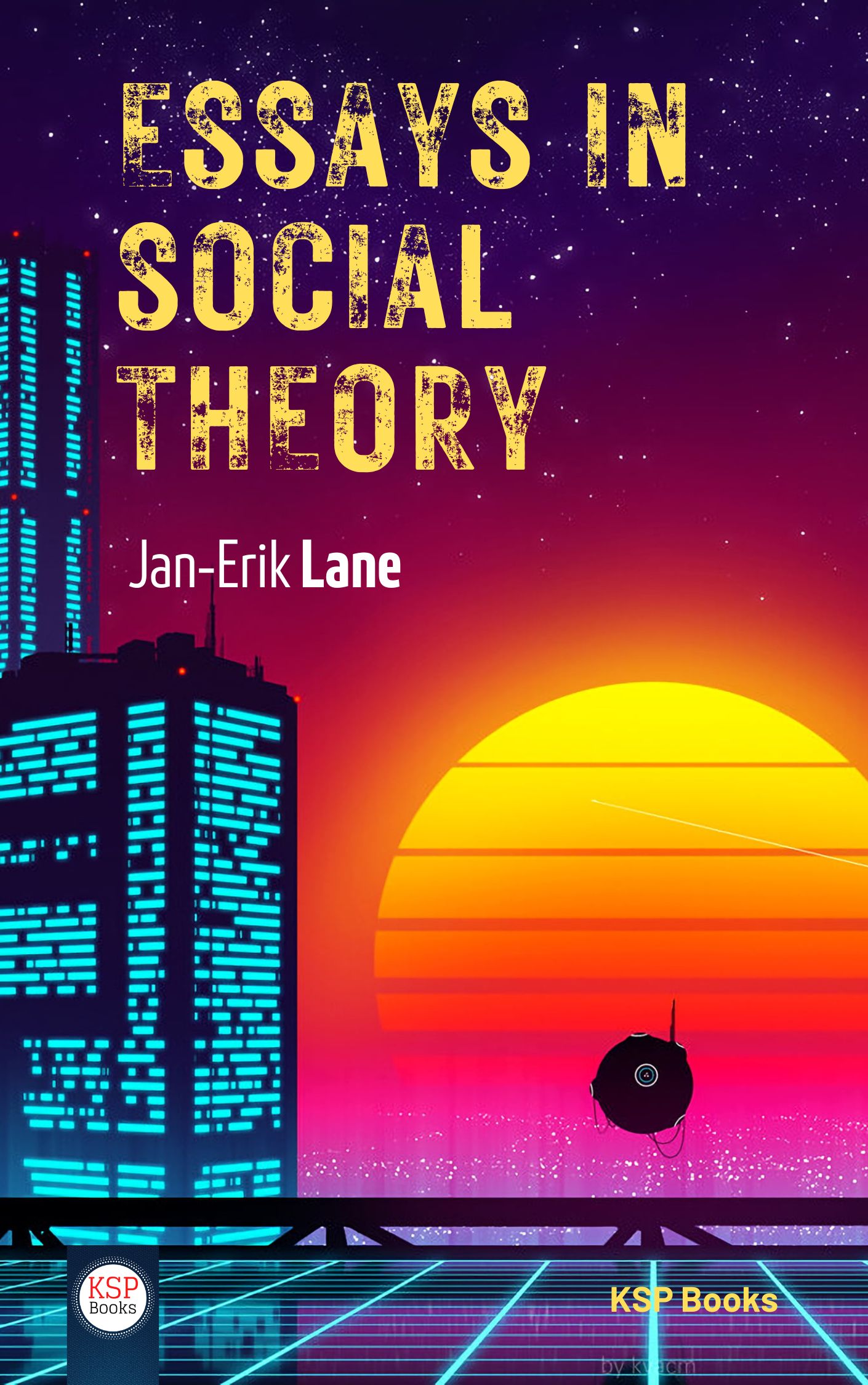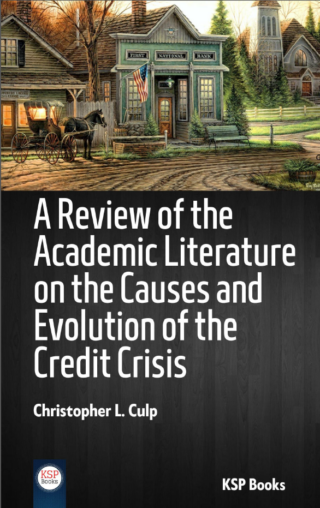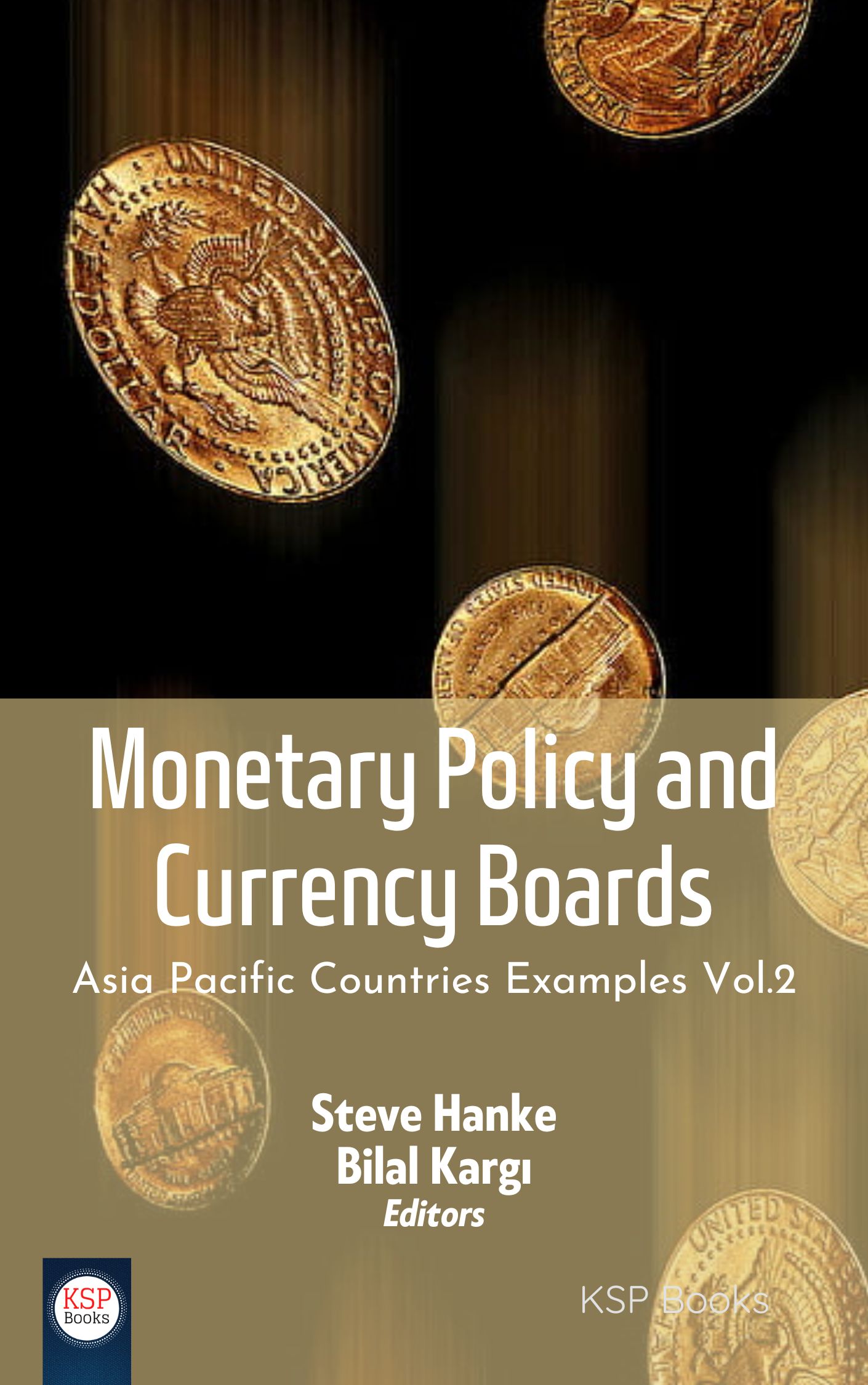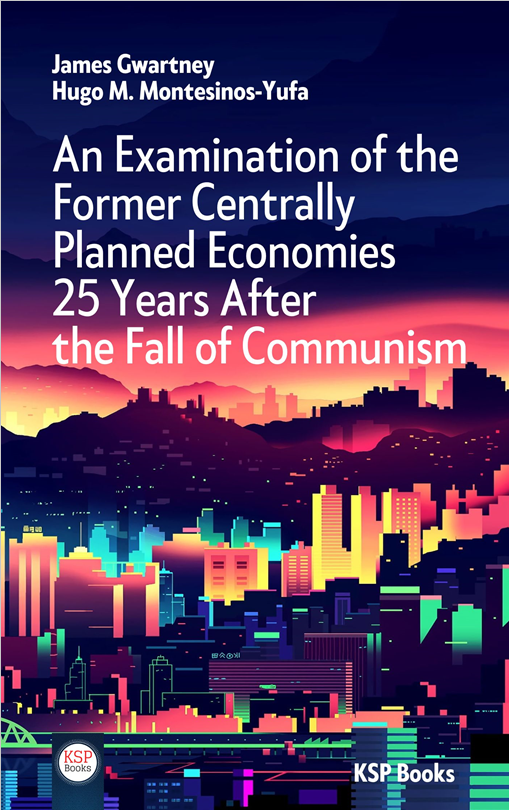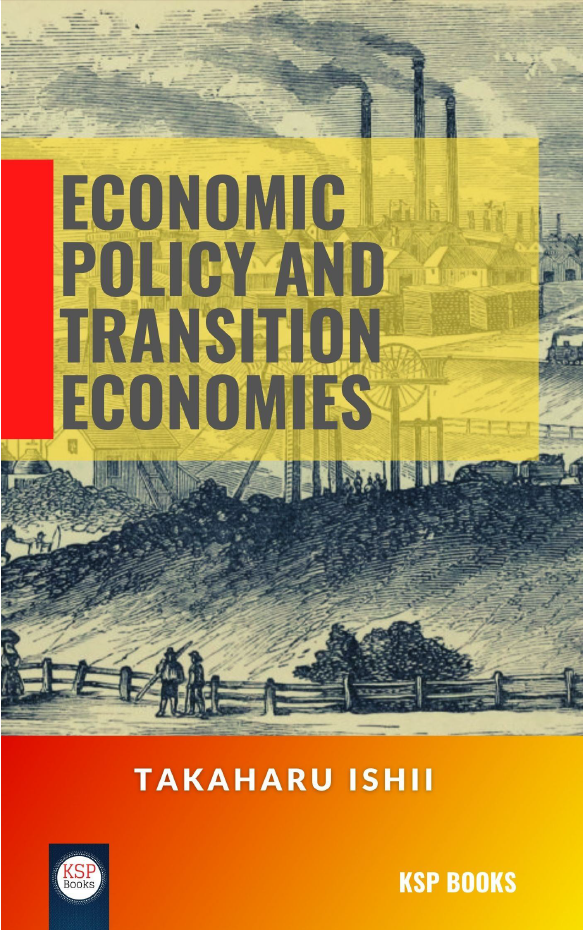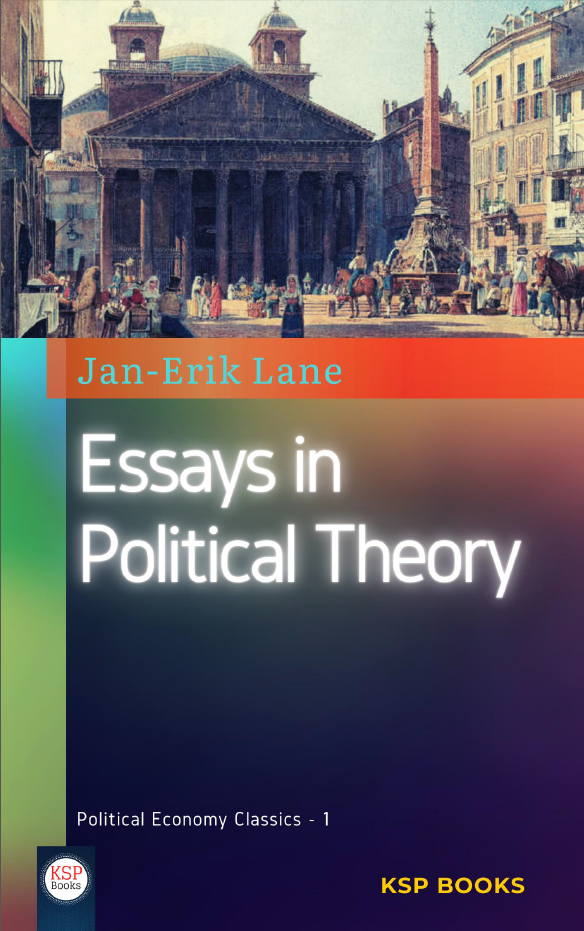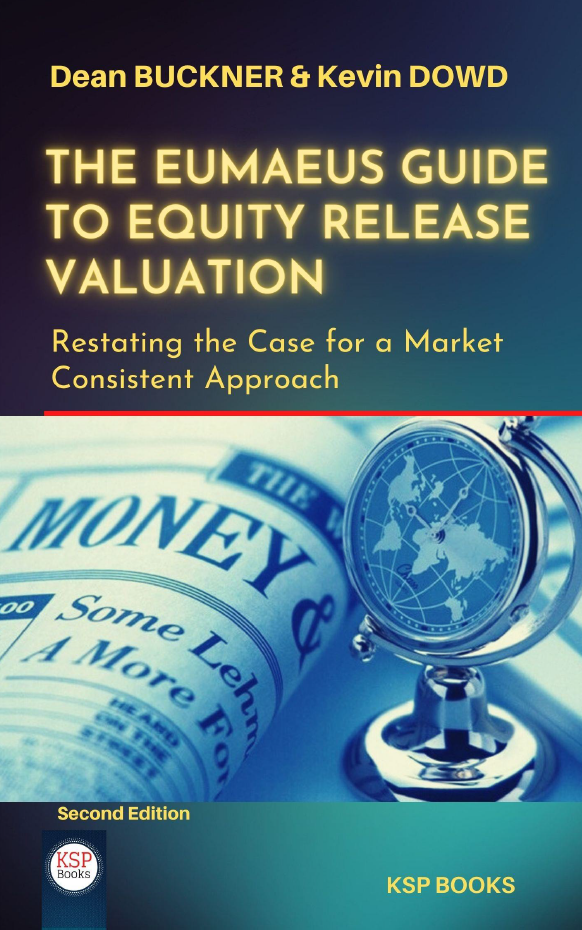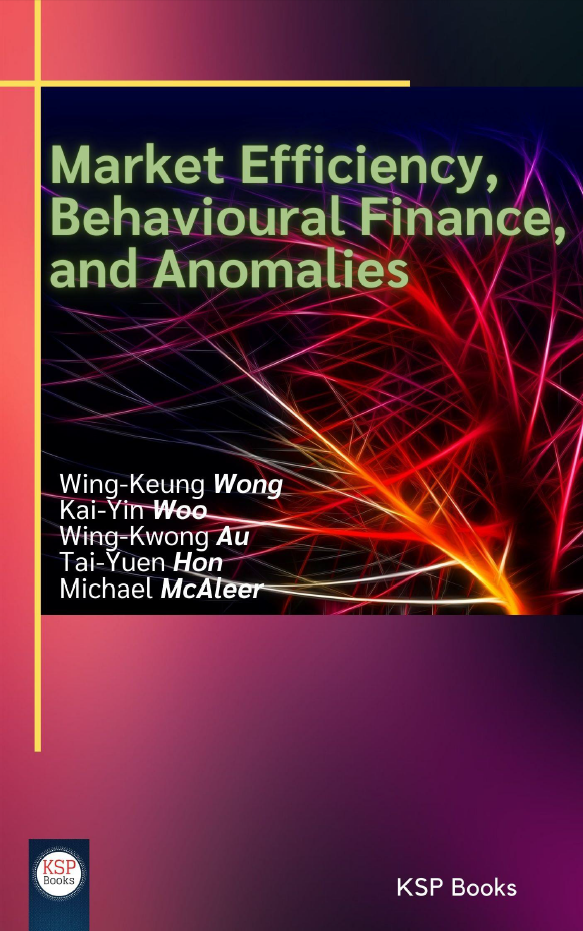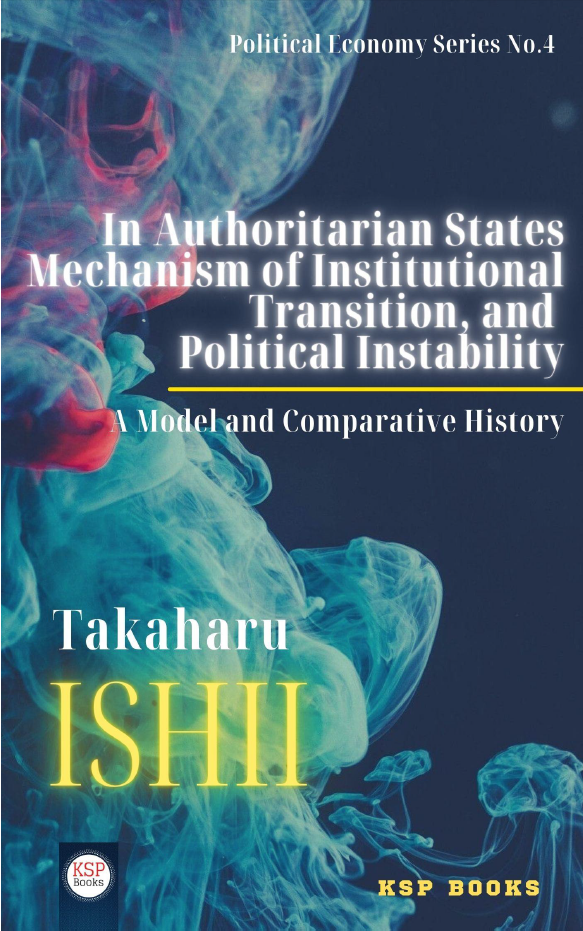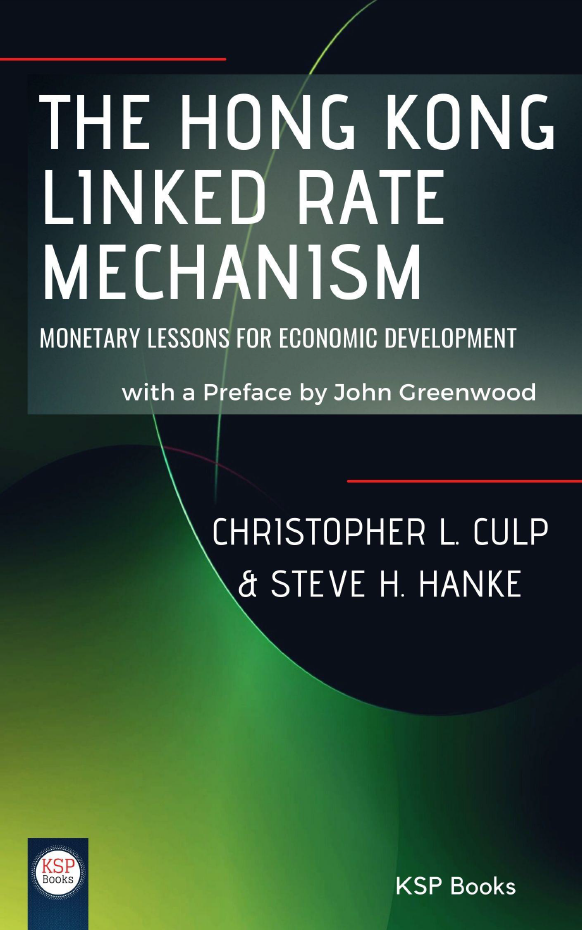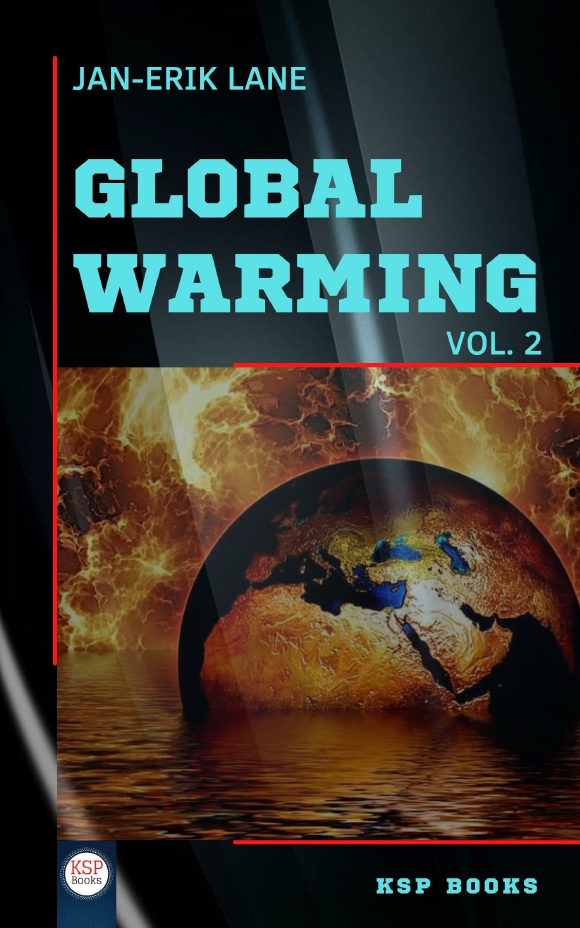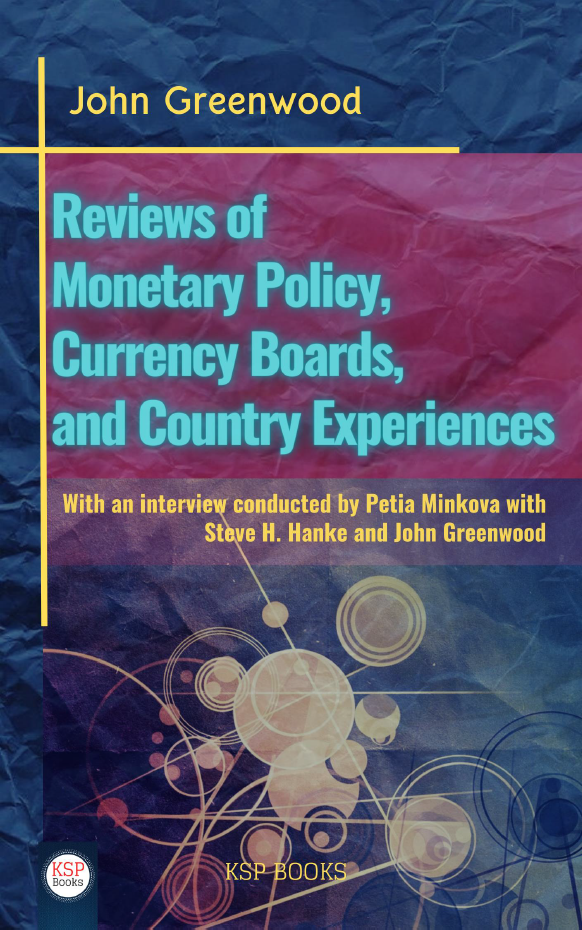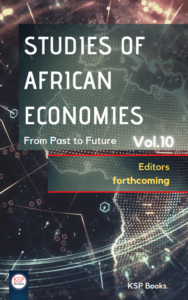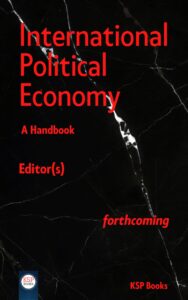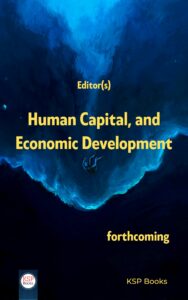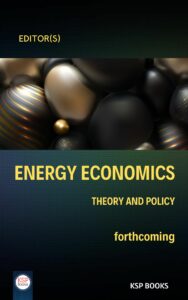By
Jan-Erik Lane
University of Geneva, Switzerland
e-ISBN: 978-625-7501-78-1
Publishing Date: June 28, 2022
File Size: 3,601 MB
Length: xviii + 133 pages (PDF)
Language: English
Dimensions: 13,5 x 21,5 cm
 This Book is completely open access. You can freely read, download and share with everyone.
This Book is completely open access. You can freely read, download and share with everyone. 
It is possible to present a brief summary of the subjects that the chapters in this book focus on.
Ch 11. In political thought, Hobbes and Spinoza form an interesting and fascinating couple. They lived parallel lives and wrote much on similar topics: humans, contracts, the state and religion. Whereas Hobbes is considered one of the absolute top political philosophers, Spinoza has only been recognized as a great philosopher, due to his Ethics. But on close examination, I dare say that Spinoza outperforms Hobbes also on political theory and religion. The aim of this paper is to call for a re-evaluation of Spinoza’s political and religious philosophy.
Ch 12. Spinoza has a formidable reputation as an abstract philosopher in the rationalist school of the 17th century. This standard image of him stems from his elegant Ethics, examining men and women with the Euclidean method of axioms, corollaries and implications. He launched a fascinating theory about moral naturalism and ethical determinism, much debated by other great philosophers. However, he also has two political texts, one on religion and another on political regime. They are much more reader friendly and the arguments are simple, following from the foundations in Ethics. At least, Spinoza so believed. This paper presents systematically the political theory in Tractatus Politicus, which has received too little attention.
Ch 13. The established theory of corruption needs to be re-examined, as it has a few flaws. It attributes a major role to corruption, pretending that it weighs extremely heavily upon social, economic and political outcomes. The lack of comparative data is troubling for vindicating such hypotheses, and it is barely compensated for by the resort to experts’ views around the globe, which in the form of the well-known Transparency Index (CPI) gives a probably inflated picture of the occurrence of corruption, especially in Third World countries. In a new approach, one would make crucial distinctions between various concepts of illegal behavior, reserving “corruption” for bribery as well as separating between petty corruption and big corruption.
Ch 14. What comes below is merely a minor note on Nietzsche’s great work, so original in thought and spectacular in style. The entry on him in the Stanford Encyclopedia of Philosophy shows that post-modernism has been conducive to a fundamental re-evaluation of his multifaceted messages. As the literature on Nietzsche grows every year, his anticipation of social science subjectivism, epistemological perspectivism and strong endorsement of secularism constitutes more and more a centre of comments and research in humanities and the social sciences.
Ch 15. The emergence of post-modernism in social theory changed Nietzsche’s evaluation. Will now its demise lead to a new appreciation of the master in Engadin, Switzerland? His major theory of social stratification is completely out of date. Humanitarianism will replace its inhuman brutality, backed by flawed concepts from Oriental mysticism that Danish genius Kierkegaard made obsolete in his new choice theory.
Ch 16. In his book Explanation and Understanding (1973), von Wright, a well-known professor of philosophy, analyses two basic modes of explanation: nomothetic and teleological. The former employs Hempal’s law like generalizing, while the latter points at motive and intention. This distinction between Galilean model and Aristotelian model is developed by means of von Wright’s insights into deontic logic—the logic of norms or what one OUGHT to do. How then, does von Wright’s theory relate to theories of rational action in the social sciences?
Ch 17. Around 1900 German philosophy of science had a zenith with different schools. One topic that invited debate and publishing concerned the separation between the natural sciences and the humanities with the social sciences. Does this distinction about methodology or subject matter? Meaning was underlined in the analysis of human affairs.
Ch 18. It is now a commonplace to renounce rational action in the social sciences. It is claimed that rationality as the maximization of self-interest is impossible as well as that it is unethical. Yet rational choice remains a most important paradigm for understanding human behaviour. D. Kahneman has contributed to the analysis of human action criticising the two end points, namely perfect individual rationality on the one hand and group or collective decision making on the other hand. The first suffers from bias and the second from noise. Thus, there is somewhat of a contradiction here somewhere, as group rationality could not cancel out individual deficiencies.
Ch 19. The killings of George Floyd and Rayshard Brooks raise the highly pertinent question: What is law in these cases? The more one reflects on the nature of the legal order in a well-ordered society, the closer one arrives at Justice Holmes’ statement: “The prophecies of what the courts will do in fact, and nothing more pretentious, are what I mean by the law”. A similar approach to the question above was delivered by Dane Alf Ross (1899-1979), who expounded in a succinct form so called Scandinavian Law Realism.
Ch 20. Witnessing the actual Trump presidency, one searches for conceptual tools to document US decline. The World Justice Project (WJP) comes to mind, attempting to measure rule of law (RL) comparatively. The WJP presents interesting findings for 2017-2020. Canada ranks higher than USA. Venezuela is bottom 128 country. Rationale of rule of law?
Dedication
Foreword
11. A note on Hobbes’ and Spinoza’s politics
12. Spinoza’s political theory: Naturalism, determinism and institutionalism
13. Corruption: A new analysis
14. Cruel morality? On Nietzsche and the Roman Empire
15. Nietzsche, post-modernism and humanitarianism
16. The thing to do
17. Teleology in human life
18. Rationality and institutions
19. What does the law say?
20. Meaning of a political system
Jan-Erik Lane
University of Geneva, Switzerland
Born in 1946 in Gothenburg, Jan-Erik Lane was raised in Stockholm and Malmö. He finished his school education in the classics in 1965. At university og Lund and Umeå he took grades in History, Political Science, Economics and Philosophy. He has held tenured positions at Umeå University, Oslo University and Geneva University. Invited as full professor, he has taught at several universities like e.g. Singapore, Hongkong, Cape Town, Rotterdam, and Jerusalem as well as Freiburg in Breisgau.
Related EconPedia Items


